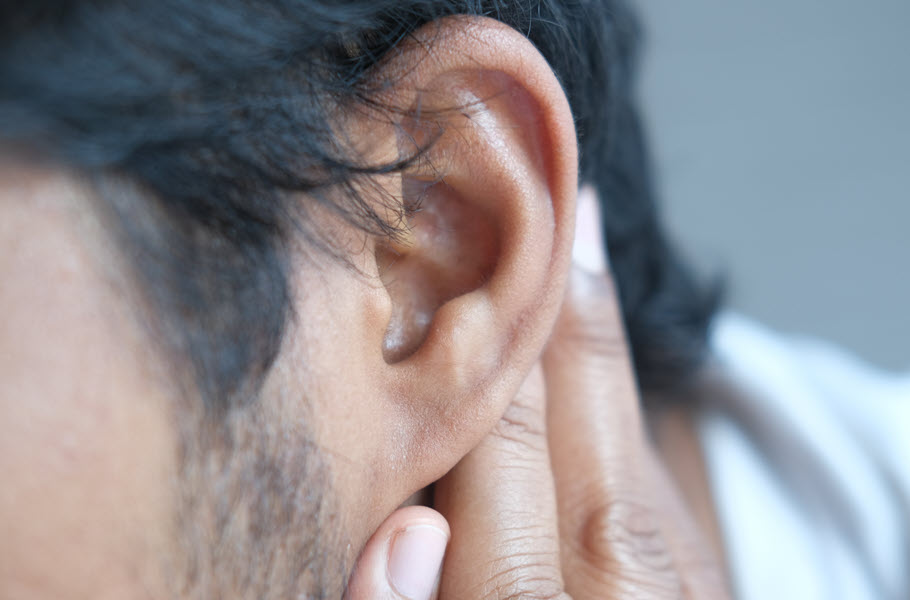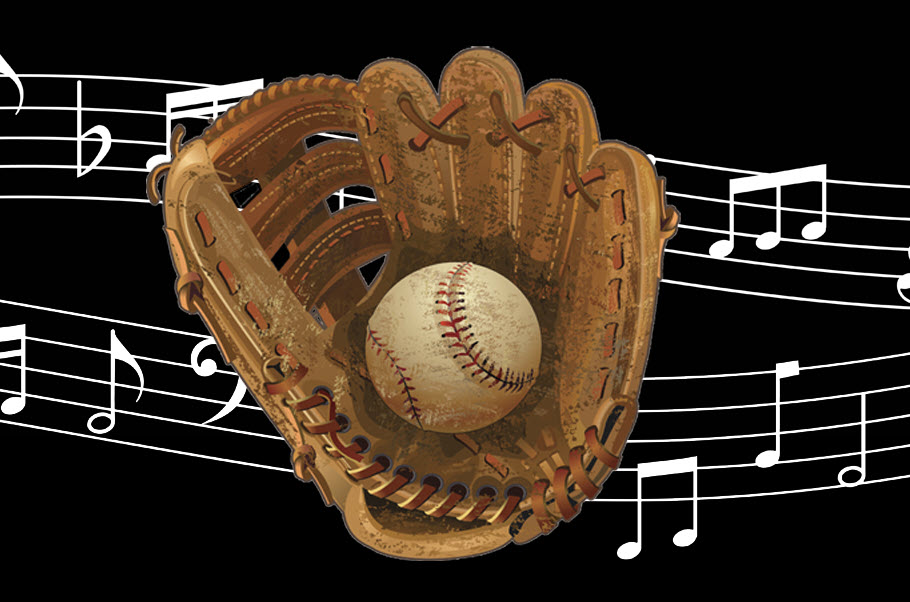Fall in Love with CDs All Over Again
Wait, don’t throw out those discs!
Do you have a collection of CDs that are gathering dust on a shelf or in a storage box at home? If you’re like most of the music-consuming public, you may have switched over to streaming music services like Spotify® or Apple Music® because of their convenience, low price and breadth of offerings.
But while compact discs might seem to be headed for obsolescence, there are actually plenty of reasons to consider dusting off your collection and bringing them back into your music-listening rotation. Let’s take a look at some of the advantages they offer over other types of media.
CDs vs. Vinyl
For some people who are looking for an alternative or supplement to streaming, CDs might make more sense than vinyl, despite vinyl’s recent resurgence. CDs may lack the “hipness” factor of vinyl, but they offer a noise-free listening experience without the hiss, scratches and crackle that are endemic to records.
CDs are also much less delicate than vinyl. They don’t warp, are harder to damage and rarely ever skip. They offer pristine digital audio reproduction that’s more consistent than what you get with vinyl, whose fidelity is highly dependent on the quality of turntable and cartridge in your sound system.
Plus, as their name implies, CDs are more compact than vinyl, so even an extensive collection will take up less space. And if you’ve already accumulated a lot of CDs over the years, repurchasing everything on vinyl will cost a fortune.
CDs vs. Streaming
CDs also have some pluses when compared to streaming services. They deliver uncompressed audio, whereas most streamed music uses data-compression formats that entail removing some digital information to make song files small enough to stream.
True, you won’t notice much difference if you’re listening on your earbuds while walking down the street, or over small computer speakers while in your home office. But most people would probably choose the sound of a CD over that of compressed streaming audio if listening over a typical home system with good quality speakers.
These days, some services (such as Qobuz) allow you to stream uncompressed high-resolution files, but you’ll need a fast internet connection to do so. And for any kind of streaming, you’re restricted to where you have internet service. With CDs, you can listen anywhere, whether or not there’s Wi-Fi.
In addition, CDs come with printed sleeves that are superior to the images provided by streaming services. These also have musician credits and liner notes, which are very hard to find online. If you’re a music aficionado — particularly if you’re into jazz or classical, you want to know who the musicians are on the recording.
Another plus for CDs is that you may have discs in your collection from obscure musicians or bands that aren’t available on streaming services and probably never will be.
Last but not least, CDs can give you the best of both worlds. Using your computer, you can burn them as MP3s (or even in uncompressed WAV format) and put the resulting files into your smartphone or tablet music library for listening on the go, while still enjoying their sound when playing the original disks through your home audio system.
Expand, Revive and Store Your Collection
You can find plenty of online music stores that still sell new CDs, and, since they rarely degrade or scratch, you can also consider buying used collections at significant discounts. You may also have friends or acquaintances who have boxes full of CDs that they’d love to find a good home for!
If your discs are dirty or dusty, you can find kits that provide a CD-cleaning solution and a specialized cloth. You can also make your own DIY disc-cleaning kit with a 50/50 mix of rubbing alcohol and distilled water, and a microfiber cloth. Simply dampen the cloth with your cleaning solution (don’t put it directly on the disc), then gently wipe from the center of the disc outward.
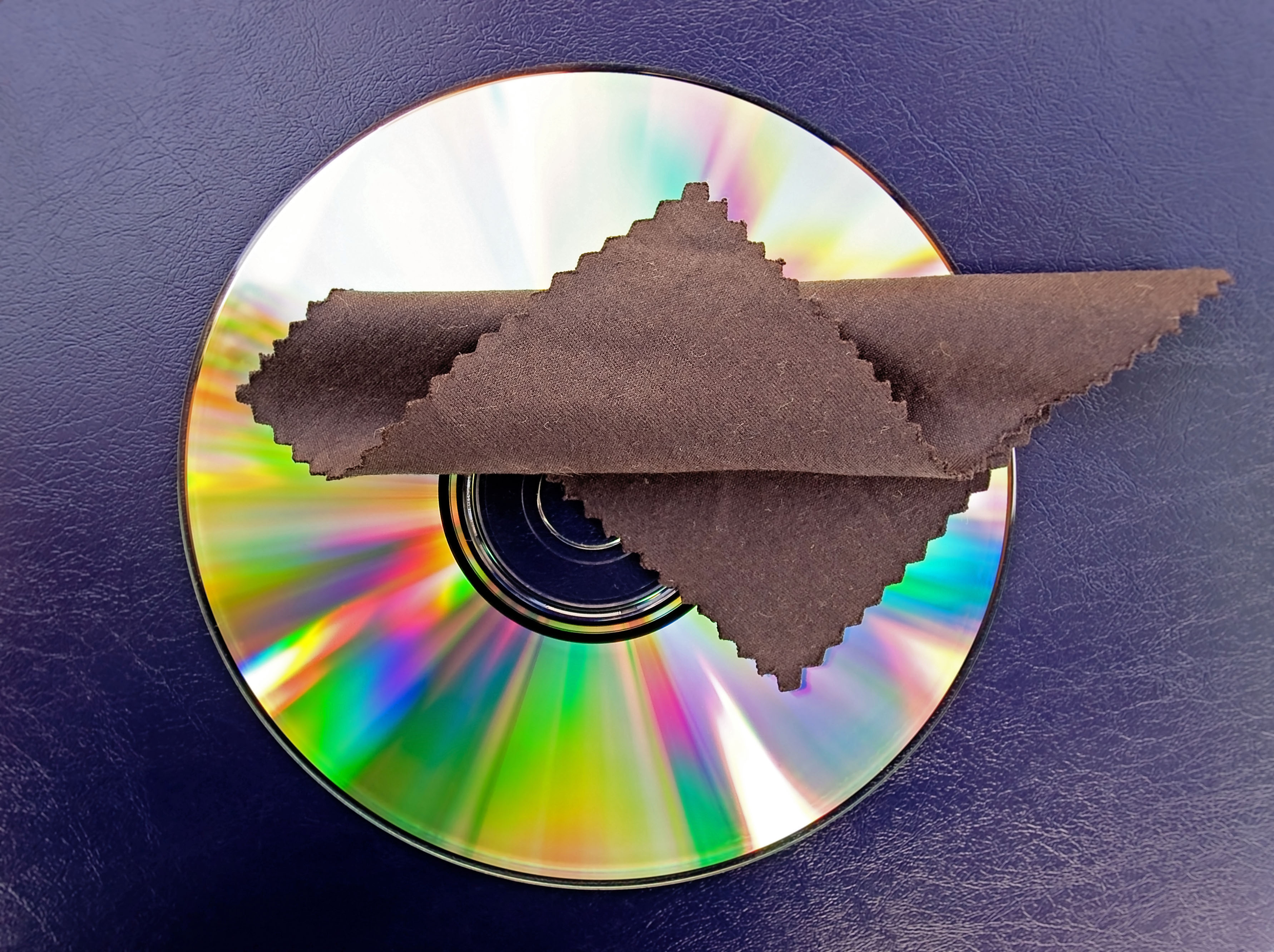
Even though CD popularity is not what it used to be, the discs themselves are the same size as DVDs and Blu-ray discs™ (12cm in diameter and 1.2mm thick), so storage units made for those formats will work just fine. Search online for “media storage,” and you’ll find a vast assortment of choices available. You can get freestanding shelf units in myriad shapes, sizes and materials. You’ll find wooden units that look like bookshelves, tall tower units that spin, and even portable cases made of plastic, vinyl or metal that cleverly hold large numbers of discs for their size.
Your Sound System
If you have a home stereo that you’ve owned for many years, it may well already include a CD player. But if you don’t, you can still find plenty of players on the market. If you’re looking for the highest quality sound and performance, consider the Yamaha CD-S1000. It’s built with high-grade components, offers both analog and digital outputs, and can play both standard CDs and higher-resolution Super Audio CDs (SACDs).
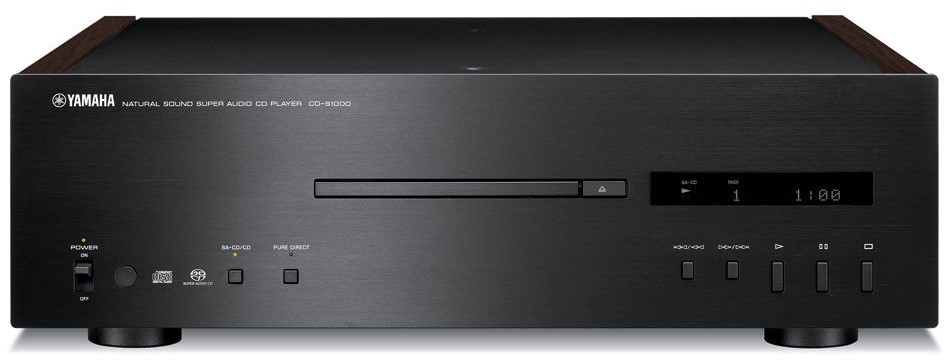
If you need an amp too and want to go for premium sound, the Yamaha A-S1200 will complement the CD-S1000 (or any CD player) well. It’s got a cool retro look, but its technology is entirely contemporary. This integrated amplifier produces plenty of power with 90W per side at 8 ohms or 150W per side at 4 ohms, giving you plenty of headroom for loud and clean reproduction of your CDs or other audio sources.
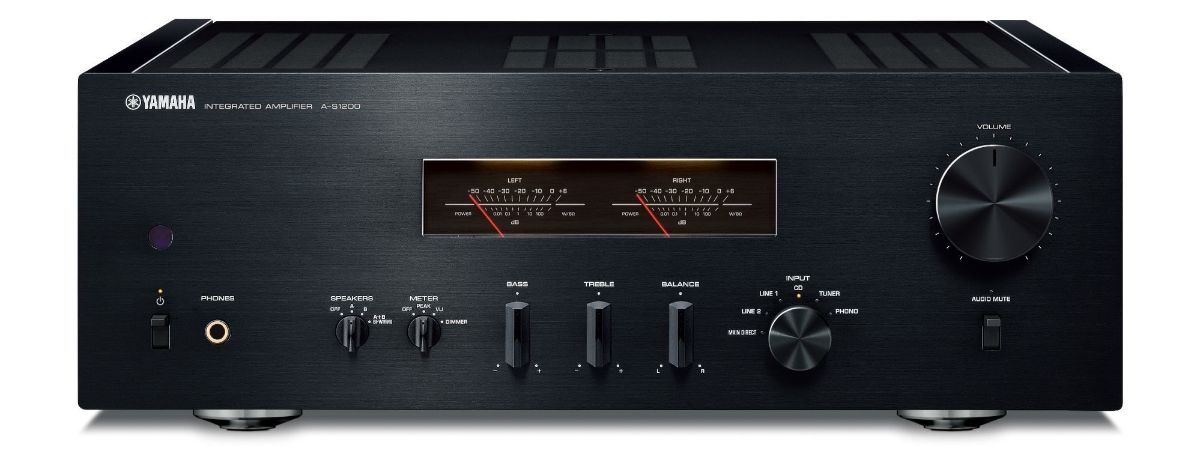
The final touch would be a pair of high-quality speakers such as the Yamaha NS-777. These 3-way floor-standing tower speakers feature 8″ woofers for superior bass reproduction, along with midrange horns and 1″ aluminum dome tweeters. They’re even internally wired with Monster Cable™ to ensure optimal sound quality.
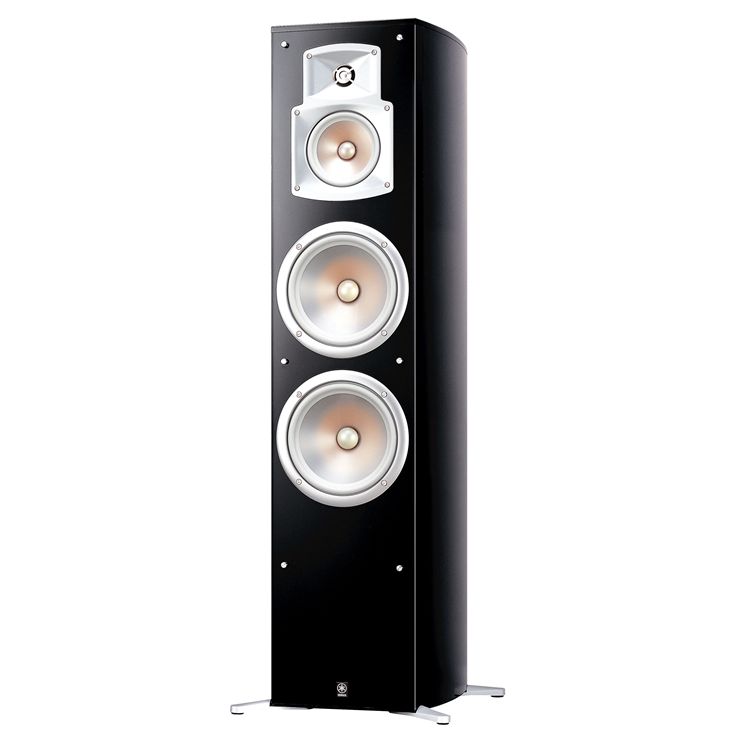
Together, these components make for an awesome CD-listening system, and one which is easily expandable for other formats.
Rumors about the death of the CD format have been greatly exaggerated. Your CDs will continue to offer you a high level of audio performance for years to come. So before you throw out or give away your collection, think instead about making CDs part of your music-listening experience. You may be glad that you did!
Check out these related blog posts:
How to Develop Critical Listening Skills
What is an Integrated Amplifier?
Are Expensive Speaker Cables Worth It?
Click here for more information about Yamaha CD players.
Click here for more information about Yamaha stereo amplifiers.
Click here for more information about Yamaha home speakers.














